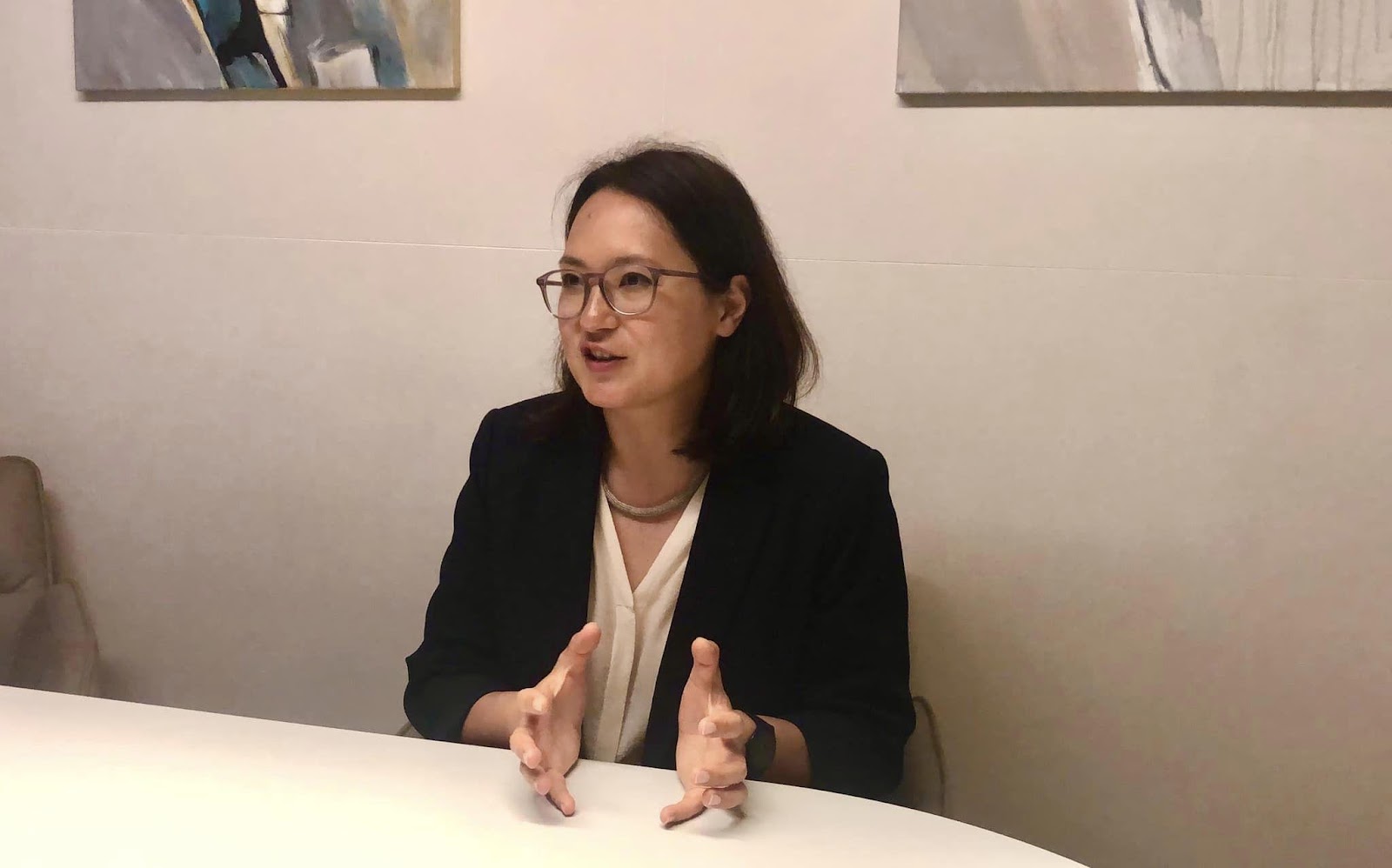Editor's note: Euromaidan Press sat down with Kazakh historian Botakoz Kassymbekova to discuss Russian colonialism. The following excerpt of the interview has been edited for clarity.
Watch the entire conversation here:
Dr. Botakoz Kassymbekova is an assistant professor in modern history at the University of Basel, Switzerland. She specializes in Russian and Soviet imperial history, the history of Stalinism, and post-Stalinism. Her first book, “Despite Cultures. Early Soviet Rule in Tajikistan,” investigated imperial Stalinism in Central Asia. Kassymbekova is co-authoring a book, "Imperial Innocence," currently under contract with Cambridge University Press. It analyzes Soviet Russian settler colonialism and its ideology of Russian imperial goodness. Kassymbekova's current research investigates how Soviet citizens (un)processed Stalinism later in life.
Q: Could you share your perspective on Russian imperialism? Often there is resistance to the narrative of Russia and, subsequently, the USSR being a colonial power regarding Ukraine and other Soviet republics because representatives of the republics, particularly Ukrainians, participated in Soviet governance.
A dominant Western view of colonialism is that capitalism produces colonialism. A lot of people find this idea new that a socialist system could also be colonial.
For the 19th century, there is no question that the Russian Empire was a colonial empire. The major question is whether the Soviet system was colonial and whether we can regard the post-Soviet period as a post-colonial period.
While Paris and London had empires, Russia was an empire. It had and maintains settler-colonial logic — that there are no borders, it is all Russia, whereas with the British kind of empire, you have the national development inside, and separately you have overseas colonies.
Overseas colonialism and settler colonialism
Generally, there are two types of colonialism: overseas colonialism and settler colonialism. Overseas colonialism primarily aims to exploit labor, whereas settler colonialism aims to control territory. This is the theory developed by Patrick Wolfe, one of the founders of critical settler colonial studies.
In settler-colonial logic, in order to control the territory, you use elimination.
The biggest difference here is that overseas colonial systems work through differentiation, so the colonizers and the colonized do not share the same legal system. Segregation is important to keep exploitation, to explain why the exploitation actually takes place, and to legitimize it. Whereas for settler colonial systems, the territory is important. And the aim is to ensure the native people do not claim the land back. In settler-colonial logic, in order to control the territory, you use elimination.
The elimination can take place differently.
It may be physical elimination, which is genocide.
The second option is deportation and uprooting. You take away people from the land, and when they are deported to new places, they will not struggle for that new homeland because they don't feel at home there.
And the third type of elimination is cultural elimination, which is assimilation.
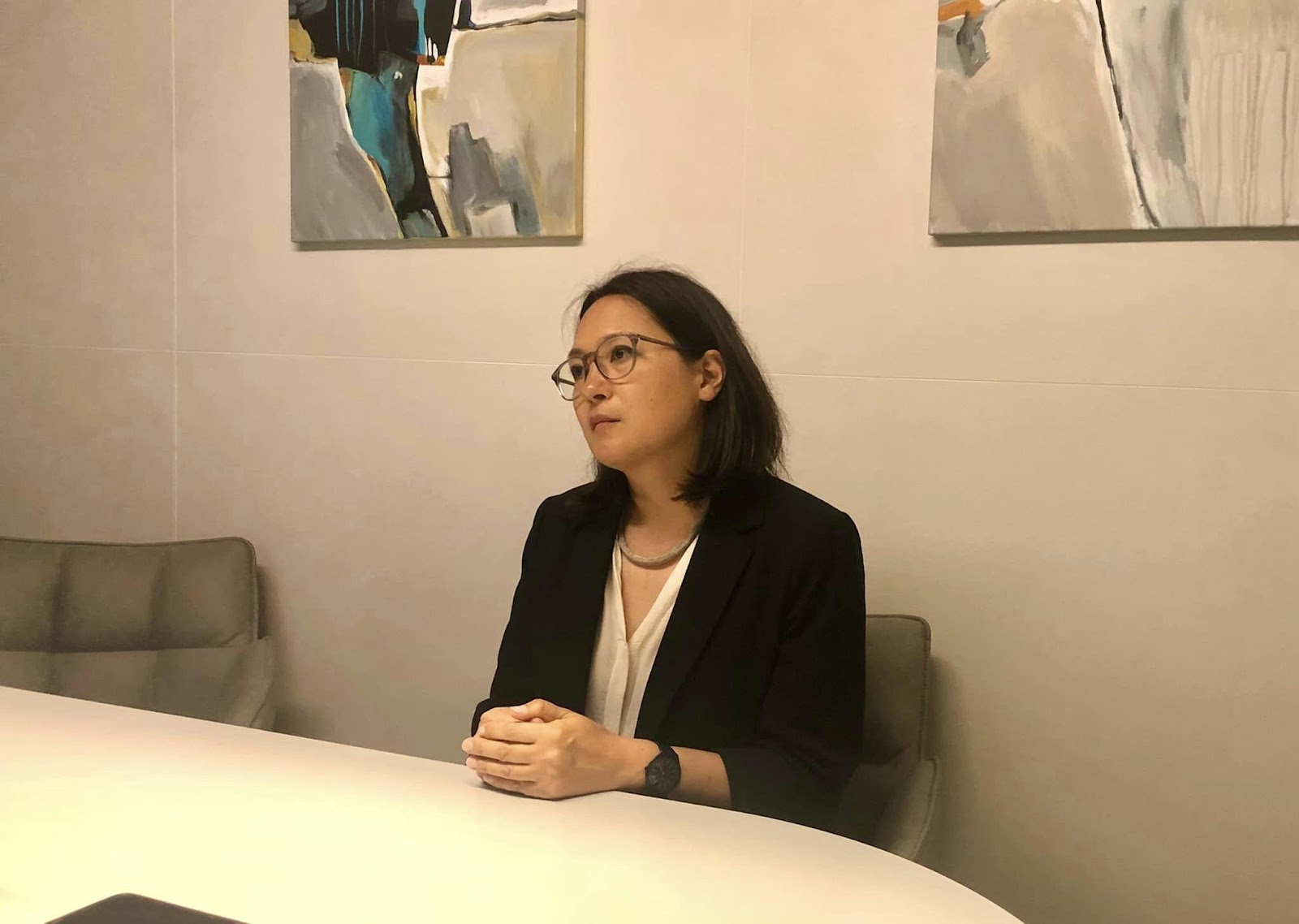
When you deport people, you also resettle metropolitan people to the new emptied lands.
Elimination and resettlement were and remain Russia’s tools for expanding
The settler-colonial logic worked well for the Soviet colonial system. And I must say that this kind of settler-colonial regime was also [used] during the Tsarist Empire. So there is a continuation between the Tsarist and the Soviet, but also contemporary Russia. And what unites, what goes through these centuries is the settler-colonial logic.
If you look at the current map of what is called the Russian Federation, it's the biggest country on earth. And it was, of course, conquered through violence, but also, the logic of elimination was used and is used today. In Russia, it's very difficult for people to study their languages, and Russification has been ongoing.
When Ukrainians are proclaimed to be Russians, the same genocidal logic of elimination is used. We see the deportation of children, this is the assimilation, this is kind of the classical settler-colonial logic of elimination.
In Kazakhstan, as well as in Ukraine and all over the Soviet empire, natives experienced expropriation of land, which is a very important part of settler colonial logic. Collectivization was the mechanism to take away land, but also to settle people. When you deport people, you also resettle [metropolitan] people to the new emptied lands.
In Kazakhstan, during the Soviet times, the Kazakh native population became a minority because of the deportations and resettlements. During collectivization and hunger, around 40% of Kazakhs died, and the population, just in several years, decreased twofold. I think we still do not even understand the whole depth of trauma and the whole depth of the genocide that those people experienced. Some national groups were deported in their entirety.
Kazakh native population became a minority because of the deportations. During collectivization and hunger, around 40% of Kazakhs died.
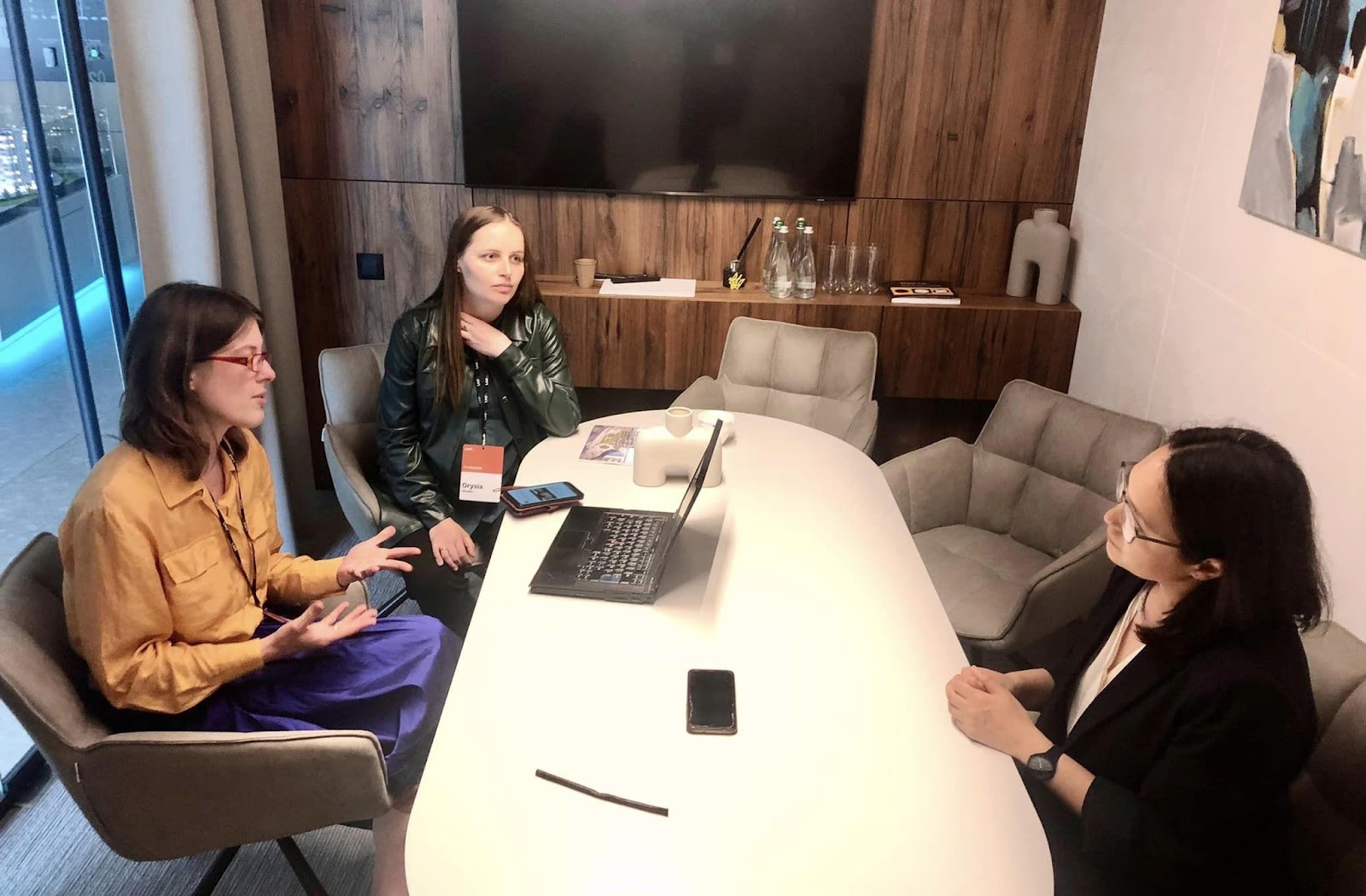
The trauma of fear and uprooting persist through generations—only justice can heal
Q: What do deportations actually do to people? What are the consequences of it?
I speak and record stories not from people who were deported, but their children and grandchildren, and the kind of uprooting that took place is enormous. A lot of people lost their language, they lost their traditions, but also they are very disoriented. They feel homeless. They don't know: Is Kazakhstan my home or is Kazakhstan not my home? And they know that their grandparents had a home. They live in permanent injustice.
All of us are in danger when somebody is deported when there is genocide. What does crime against humanity mean? Crime against humanity means that this crime is against you and against me.
I discussed with some of the people why they are afraid to protest, to go out into the streets. Because their grandparents were marginalized as enemies of the people. It was dangerous to talk to them. And they gave this trauma to their children and to their grandchildren. So that for many of them, it is very difficult to raise their voice, to become political subjects, and actually live democratically.
Deported people, deported children is not only a crime against these children, it's a crime against all of us. All of us are in danger when somebody is deported, when there is genocide against somebody. What does crime against humanity mean? Crime against humanity means that this crime is against you and against me. To seek justice is extremely important.
What decolonization from Russia means
Decolonizing societies means to unlearn seeing the world through the eyes of the colonizer, which means examining every single word, every single category with which we were raised during the Soviet times or in the post-Soviet times.
For example, national groups in the Soviet Union were folklorized, were ethnicized. And for us, decolonization means politicizing them again. So to make sure that people are not simply carriers of folkloristic traditions, songs, and dances because they were reduced only to the celebration of some traditions. But they are citizens with rights, with political will, with demands, those who construct democracy. This kind of politicization process cannot take place if we don't analyze the whole process of colonial subjugation, the whole process of violence, mental violence, physical violence, and psychological violence that has been inflicted.
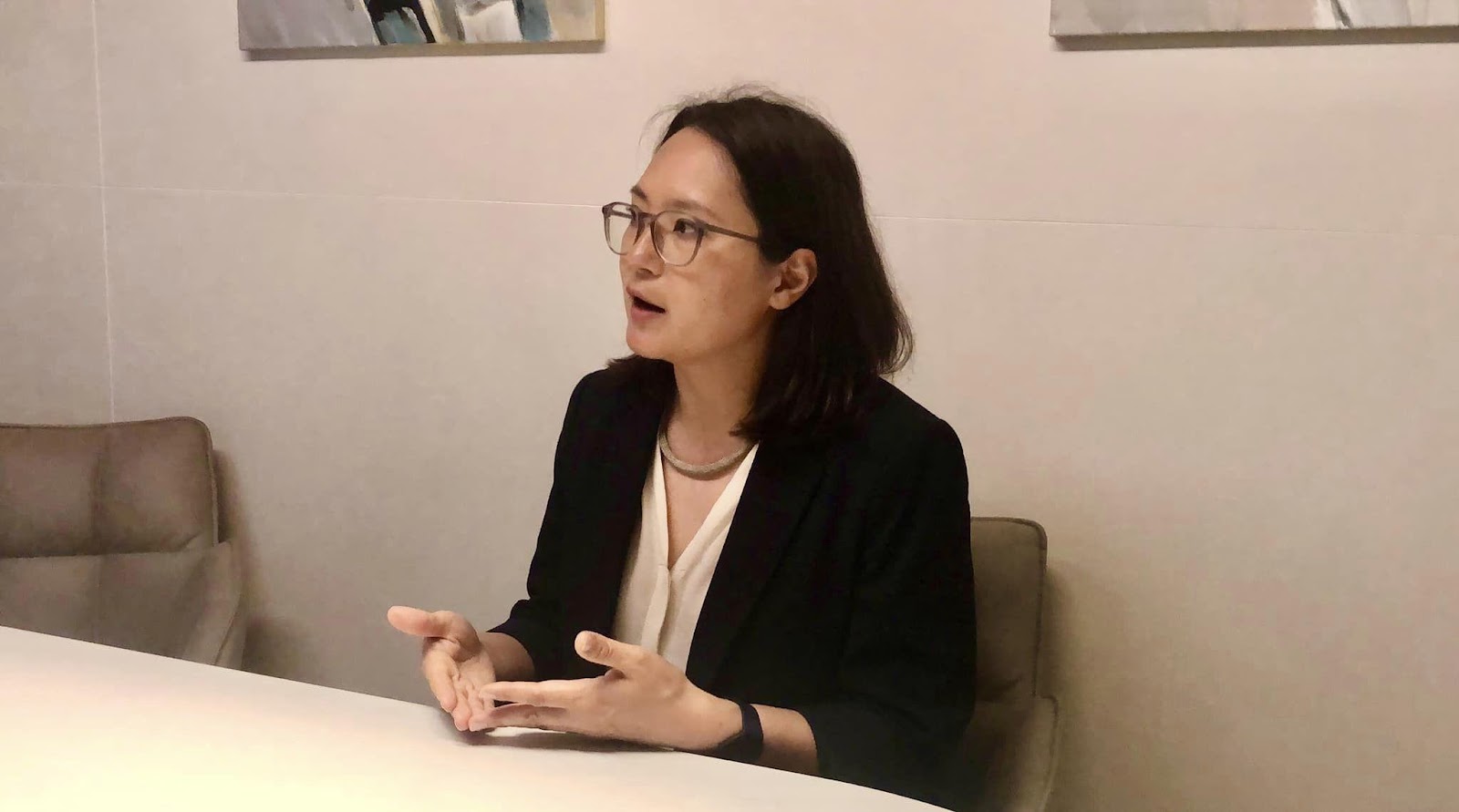
Decolonization in Kazakhstan
Q: How is the contemporary decolonization process going on in Kazakhstan?
In Kazakhstan, the process of decolonization was very strong, especially among artists and activists, for at least a decade. It now also [has] entered academia.
There are a lot of debates about hunger, about genocide. The political uprisings that took place recently were the result of rethinking the past.
It was also a very intense process pretty soon after independence that a lot of our streets were renamed after our heroes, although many people did not know who those people are because we didn't really study Kazakh history at school.
But the real kind of game changer is when you don't change only the symbols but actually when you engage society in the discussion of who our heroes are. Maybe it's not a person from the 17th century. Maybe it's a small girl who defended a child on the street. Society needs to produce its heroes because we define what our values are. History is always a political claim of how you want society to be.
The bloody January uprisings [in 2022] were also part of the historical trauma that Kazakhs experienced. But also, there was 1986, when the government brutally suppressed student uprising. Then there was a brutal suppression of peaceful demonstrations in 2011. This is the post-colonial practice of the government suppressing peaceful people. The state is still an authoritarian state, and it means that state practices of memorialization do not belong to the people.
If you look at Central Asia and if you look at the Caucasus, right now, the countries of Central Asia are really trying to become less dependent on Russia. And actually, countries started talking to each other. There will be more integration of Central Asia. We didn't know each other before, we didn't cooperate in the region. And it was also part of the colonial legacies of divide and rule.
Kazakhstan is located between China and Russia, and that is why people in Kazakhstan don’t really want to make radical moves now in order not to provoke. China is doing genocide against Uyghurs and Kazakhs. There are a lot of Kazakhs in concentration camps. I met a girl who fled. Women are all sterilized. All of them.
Trending Now
It would also be too strong to say that Kazakhs want to become fully independent from Russia now at any price, but at least to become less dependent...
Decolonization of history revealed truth about terrible Soviet nuclear tests in Kazakhstan
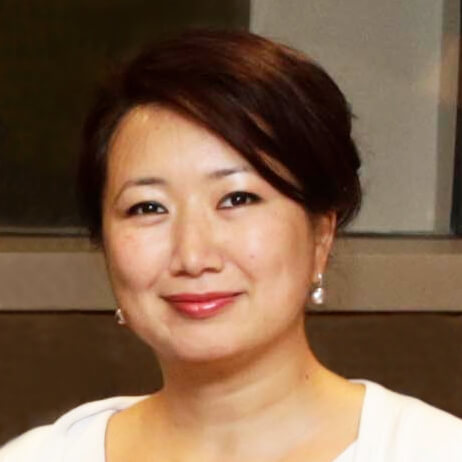
For example, a great book by Kazakh historian Togzhan Kassenova, “The Atomic Steppe,” was published about an underground medical movement of doctors who wrote down all the health issues of people who suffered from nuclear bomb testing.
Most of the USSR's nuclear weapons were tested in Kazakhstan, and very often, when the bombs were tested, the local Kazakh population did not even know about it. And it's mostly ethnic Kazakhs who suffered from these nuclear testing. It was forbidden to tell people that there were nuclear tests, and it was forbidden to talk about health issues. People were born without legs, without hands, had cancer, and were handicapped. In Kazakhstan and in Central Asia, one of the biggest and heaviest legacies of colonialism is health. We will be coping with health consequences for generations.
And there was a movement of Kazakh doctors during the Soviet times who wrote down everything. They wrote down many cases of diseases caused by nuclear testing, everything to show that. We learn about a lot of the horrors that took place, and we are horrified, but at the same time, it helps us to heal. It helps us to think. We don't want this anymore, and it leads to political subjectivization.
Historiography produced in Moscow read by West and perceived as true
Q: What you were saying about nuclear testing is simply atrocious. I'm just wondering how Russia was able to sell this narrative that it's actually an anti-colonial power. How was it able to sell this narrative to the rest of the world?
We don’t even have books about all of the deportations and genocides. And one of the problems is historiography produced in metropolitan centers, Soviet metropolitan center, [Moscow].
There are titles of books like “The Difficult Past” or “Warped Morning,” something that is fuzzy, something that we cannot overcome. These books tell us that allegedly Soviet citizens were both victims and perpetrators, and this is wrong.
We can say exactly who was the victim and who was the perpetrator. And restoring historical justice will help victims to heal.
For example, some historians write an example that an NKVD officer, who killed lots of people and then was himself killed by the regime was both perpetrator and victim. And this is not true. We can say exactly who was the victim and who was the perpetrator. And restoring historical justice will help victims to heal.
Of course, a person can be, at the same time, a perpetrator of crimes, and then himself or herself a victim of the regime, but it doesn't diminish the fact that this person was a perpetrator. And we need to seek justice. One of the ways to seek justice is to tell stories about these people so that we live through the tragedy that was there.
When [the Russians] are labeling all liberation movements as nationalism, it seems to be a very popular narrative. When we go to the episode of the collapse of the USSR, where the Baltic states wanted to have independence. Bush and Gorbachev met in 1989, and they discussed these independent movements. And Gorbachev said that we cannot let the Baltic states, Ukraine and Kazakhstan go, because 50% of the population there is Russian. So he used the settler-colonial logic. And it was bought in the West but for different reasons. One of the reasons was the fear of nuclear war. And the fear that nuclear weapons will be in more than one state, which means being in a relationship with four nuclear powers rather than one nuclear power.
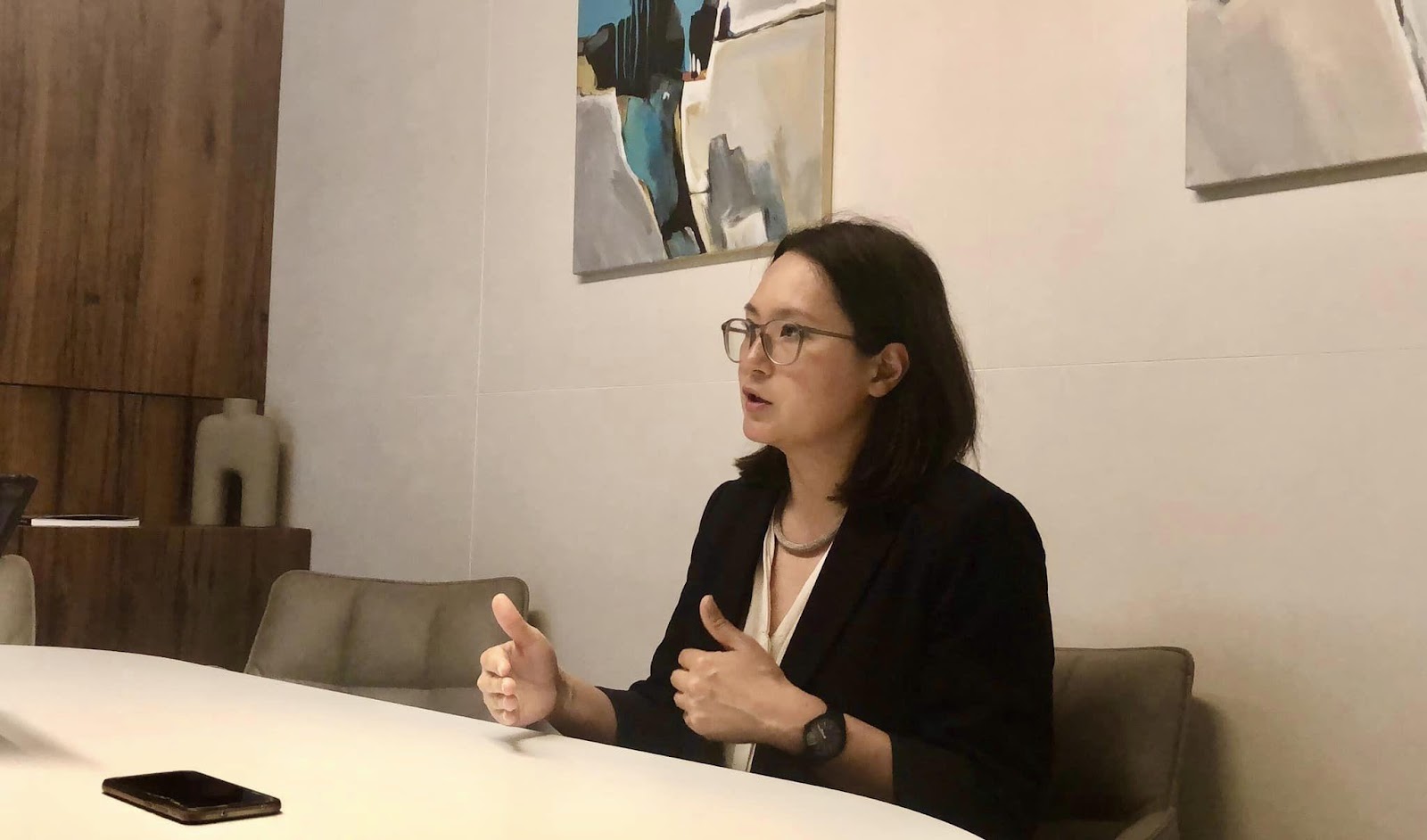
Russians strongly believe in their imperial innocence: This is the biggest problem
Q: It seems to me that the sort of imperialism is very deeply ingrained into how Russians see themselves today. How did it come to be that imperialism has such an important role in the Russians' view of themselves? And what should happen for this to change?
That's an excellent question. And this is the question that would potentially save a lot of lives.
I call this phenomenon imperial innocence. Russian imperial innocence is the deep belief in one's own sacrality, victimhood, and goodness. That lens of innocence allows [one] to overlook the cultural, physical, and political violence that is used to sustain colonial relationships with many people inside the Russian Federation, but also with neighbors.
Unfortunately, there is not a single anti-colonial thinker or philosopher, Russia has not produced a single intellectual, and there is not a single anti-colonial text that would be a moral document. A moral text for the future of Russia. What we have are moral texts that are colonial.
We don't know how it can change. But I'm trying to explain why it is. If we look at the cultural history of Russian colonialism, it started, and it still functions through the production of a cultural figure of a Russian person as an innocent martyr. It is a very comfortable image because it gives you privileges. It's something that is very, very difficult to lose.
“There is no such thing as Russian gas. We need to call it Tatar gas”
Also, it is connected to the Russian economy, a colonial economy. You steal a lot of natural resources, and you don't really have to work, but you're very wealthy. That system of theft can work only if you suppress national groups. That's basically the entire model of the Russian economy right now: They're stealing the oil and the gas from national groups.
I say that there is no such thing as Russian gas. We need to call it Tatar gas, or we actually need to name it by the location. And I think linguistic decolonization is important. Because when we say Russian oil and Russian gas, we sustain the idea of Russian imperial innocence. We erase the other people. We erase their national wealth. We erase their lives, and we erase their presence. So probably a better way to talk about it would be the gas stolen by Russia. It would be more words, but it would explain how that system works much better. And so far, we say Russian diamonds. There is no such thing as Russian diamonds. Decolonization first happens in how you view things.
Just as, for example, the song about Volga as the great Russian river. If you look at all the people who live by the Volga, it appears to be a very colonial song that claims something to be Russian and erases others. The function of that song is erasure or elimination. It's for people who live there as settlers so that they feel good about themselves and they naturalize their rule. They naturalize their colonial presence. And we need to decolonize even songs.
But as long as there is this structural colonial relationship that produces privileged groups, of course, it needs an imperial mindset. Empire has to be sustained with an imperial mindset. And we hope that the atrocities and the horrible genocide that is taking place right now will produce a brave mind who will speak about the decolonization of Russia.
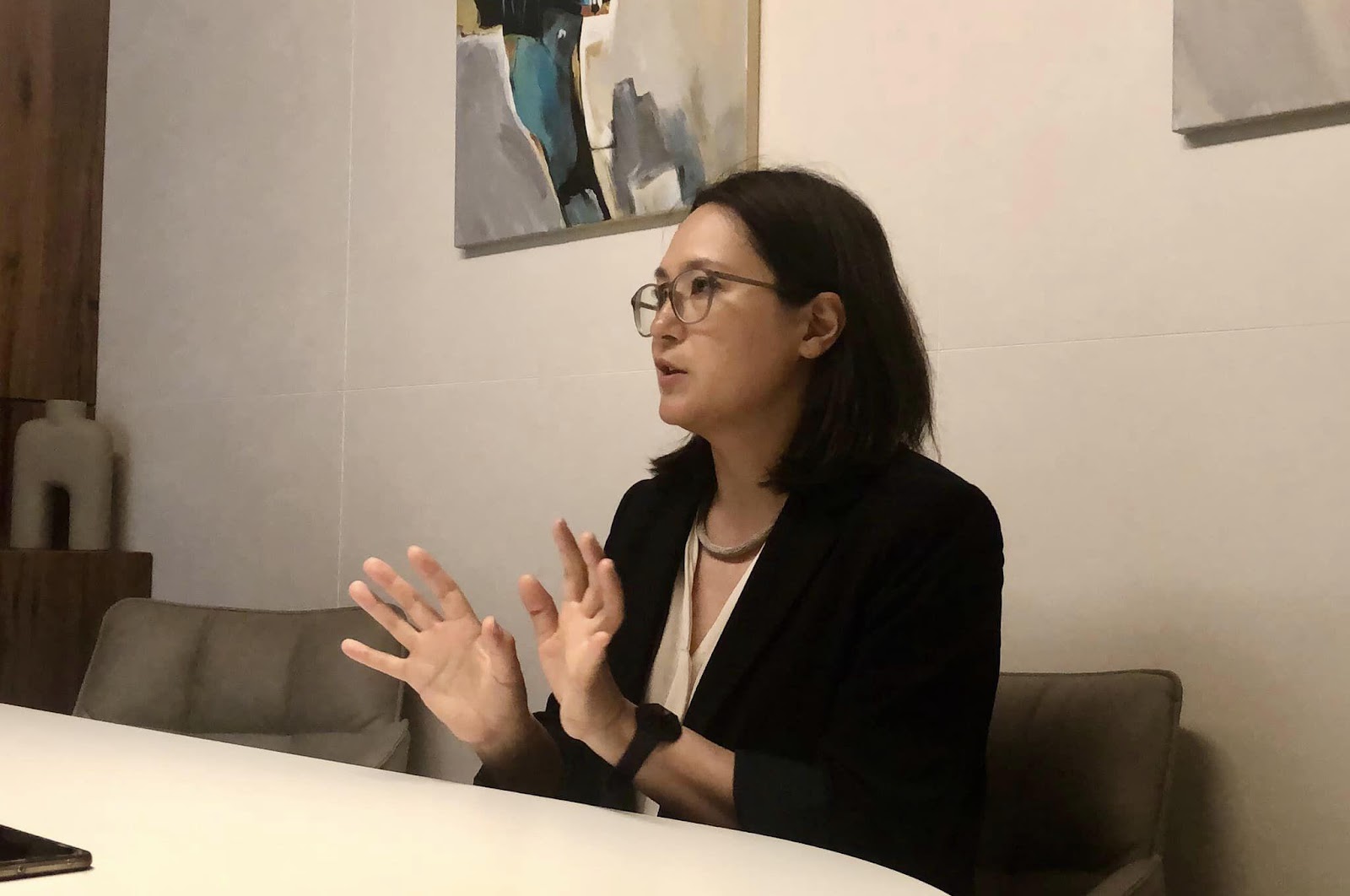
How assimilation worked in the Russian empire and USSR
Russian people were first-class people, a kind of privileged group, and the others were not a privileged group. And then you have the feeling, in practice, that Russian settlers are more privileged. It is experienced as one nation ruling over another nation. This is why assimilation and Russification worked, because people who did not want to be discriminated [against], they would Russify because it would provide them access to education, provide them access to better jobs.
I would not really use the term collaboration here because it gives more agency to people than they had. It doesn't take into account the experiences of marginalization and their need to survive. For example, my grandmother, her whole family died [of] hunger, and she was put into a Russian orphanage, and even in this Russian orphanage, more than 50% of the children died. And so she became a Russified person, although she was not really a collaborator. A lot of people didn't have a choice.
For example, a mother with three children would need to work at a factory, and then there would be no schools in Ukraine or in Kazakhstan in their native language, only in Russian, and the children would be Russified. I don't know what term we should use yet.
Are collapse and decolonization of Russia possible soon?
Q: Do you think Russia can collapse and separate into these smaller states, and what is necessary for it?
Theoretically, it can happen, but it's only theoretically. It will come as a surprise. This is the nature of that system that we cannot know because it's not transparent.
I don't know how to analyze the future, but in one of my articles, I argue that for Russia to be democratic, it has to accept the independence of the Chechen Republic of Ichkeria. Because this is where the horrible cementing of the genocidal regime took place.
I cannot talk about other republics because the Chechen people fought for their independence. And not only men but women and children. That was 100% mobilization for their independence.
One woman from Buryatia told me that throughout this war Ukrainians supported her. But Russian liberals did not support her. And she was surprised, saying that “Ukrainians had all the moral right to not even talk to me.” But Russian liberals, when she was approaching them, they told her “go away.” And I think it’s the story.
I met in Berlin a woman from Buryatia. She's an activist for these Buryat people, trying to make them not go to war. I was trying to explain to them that if you're not for Ukraine, it doesn't matter that you're for your [men not becoming Russian] soldiers. Today you can become a political subject only if you are actively supporting Ukraine. But not only in words. Organize things.
Of course, if Buryat or Kalmyk men go to war, it's a product of colonialism. But it's not enough to make them victims. It's bad.
One woman with whom I had a similar conversation, told me that throughout this war, Ukrainians supported her. But Russian liberals did not support her. And she was surprised, saying that “Ukrainians had the moral right to tell me, f*ck you. Ukrainians had all the moral right to not even talk to me. But Ukrainians really supported me.” Although she is from Buryatia. But Russian liberals, when she was approaching them, they told her [to] “go away.”
And I think it’s the story. I think it’s an important story.
But also, these people who are not Russians in Russia don't yet fully understand who they are. So this process is really slow. But if there is a little grass that is growing, it's still important.
Edited by Mike Cronin


